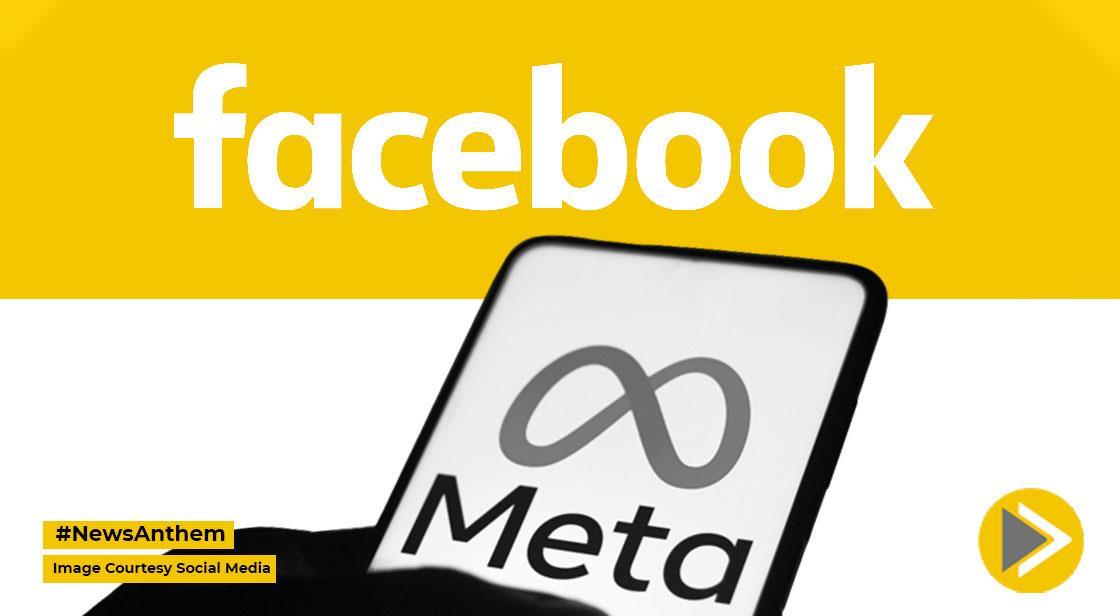Meta to Integrate AI-Assisted Coding Interviews for Job Applicants: Report

News Synopsis
In a significant step reflecting its deepening commitment to artificial intelligence, Meta is reportedly redesigning its technical hiring process by introducing AI-assisted coding interviews. As per a Media report, the tech major is shifting away from traditional assessments and intends to equip shortlisted candidates with AI tools during coding evaluations.
Meta Experiments with AI in Hiring Process to Reflect Real-World Developer Workflows
This development is part of a broader transformation at Meta, aligning hiring practices with the company's increasing emphasis on generative AI technologies that are rapidly being integrated across its platforms and internal workflows.
New Hiring Format Mimics Real-World Developer Environments
Unlike standard interview procedures where AI might assist in preliminary candidate screening, Meta’s new approach empowers applicants to directly engage with AI assistants during coding tasks. This setup is being designed to better reflect the daily operations and tools Meta's engineers would use post-hiring.
“Meta is developing a new type of coding interview in which candidates have access to an AI assistant. This is more representative of the developer environment that our future employees will work in, and also makes LLM-based cheating less effective,”
— Internal post shared with Meta employees earlier this month
The internal message also encouraged staff to take part in mock interviews to help refine the framework.
“The questions are still in development; data from you will help shape the future of interviewing at Meta.”
Meta Pushes Forward with AI-Driven Vision
AI Literacy Becoming a Hiring Priority
This move signals Meta's growing interest in recruiting talent fluent in AI collaboration—a skill increasingly regarded as essential in the tech industry. The company has recently launched its Superintelligence Labs, which is expected to lead Meta’s innovations in AI across its family of apps and services including Facebook, Instagram, Threads, and WhatsApp.
Zuckerberg Envisions AI as Mid-Level Engineers
In a revealing moment during a podcast appearance with Joe Rogan, Meta CEO Mark Zuckerberg said:
“I think this year, probably in 2025, we at Meta as well as the other companies that are basically working on this, are going to have an AI that can effectively be a mid-level engineer that you have at your company that can write code.”
This insight reinforces the idea that Meta is preparing for a future where human engineers work hand-in-hand with advanced AI agents—from design to execution.
Post-Layoffs, Meta Restructures Towards AI-Centric Hiring
The shift in hiring methodology follows Meta’s February 2025 layoffs, where 3,600 employees were let go due to performance concerns. By integrating AI into hiring, Meta hopes to standardize candidate assessments and attract engineers who can thrive in an AI-enhanced environment, ensuring new hires align with the company’s AI-first roadmap.
Conclusion
Meta’s move to implement AI-assisted coding interviews marks more than just a shift in recruitment strategy—it underscores the company’s broader vision of building an AI-native workforce. By allowing candidates to use AI tools during assessments, Meta is acknowledging the growing integration of artificial intelligence into real-world development environments.
This approach not only ensures that new hires are familiar with working alongside generative AI but also minimizes the risk of AI-enabled cheating by making AI part of the process itself.
The company’s internal push, as seen with its newly established Superintelligence Labs, reflects its long-term ambition to embed AI across all facets of operations—from engineering to product development.
This change follows Meta’s earlier workforce optimization, including the February layoffs of 3,600 employees due to underperformance, signaling a pivot towards leaner yet more tech-savvy teams. As AI reshapes the tech landscape, Meta appears determined to lead by example—by aligning its hiring, operations, and strategy with the demands of the AI-driven future.
You May Like









